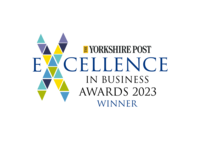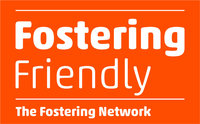
HIV - Ignorance is Not Bliss
28 July, 2010
The HIV Prevention service for City Health Care Partnership CIC will be raising awareness of HIV and other STIs and offering free confidential advice and testing for everyone attending Gay Pride on Saturday 31 July, at West Park in Hull.
Nationally the Health Protection Agency (HPA) claim the number of people living with HIV in the UK continues to rise, with an estimated 83,000 infected at the end of 2008, of whom over a quarter (27%) were unaware of their infection. In Hull and the East Riding the cumulative number of reported HIV/AIDS cases in 2008 was 243 (138 males, 105 females) with 44 new cases of HIV/AIDS reported locally.
The HIV testing, which will take place on the day, is a simple mouth swab with results being available up to 14 days after the test. Advice and support will be available on the day with free condoms and lubricants for those undertaking a test.
This is the second time that the service has offered HIV testing at the Hull Pride and they aim to raise awareness about the virus, the straightforward way to get tested and where to access support and advice.
Marek Mironski, comments:
“HIV is not just an issue for specific social groups; people of all sexualities, ages and ethnic. The earlier the virus is detected allows for more successful treatment, however unlike many other viruses, it doesn’t immediately show symptoms, so a person could potentially have HIV and not know about it for a long time. That’s why, wherever possible, we should all take steps to protect ourselves and others.
The most common ways HIV can be passed on are:
- Unprotected sex (e.g. without a condom) with someone who is already infected
- Sharing infected needles, syringes or other injecting drug equipment
- From an infected mother to her unborn baby during pregnancy, at birth or after birth through breastfeeding.
Dr Hugo Mclean, Consultant Physician in Sexual Health & HIV Medicine, comments:
If you think you may have been at risk, undertaking a HIV test is essential, there are now excellent treatments to control HIV, however these treatment may not work as well if HIV is diagnosed late.
For those who are diagnosed with HIV, you will have access excellent local care, as well as getting advice on reducing the risk of passing HIV to someone else."















